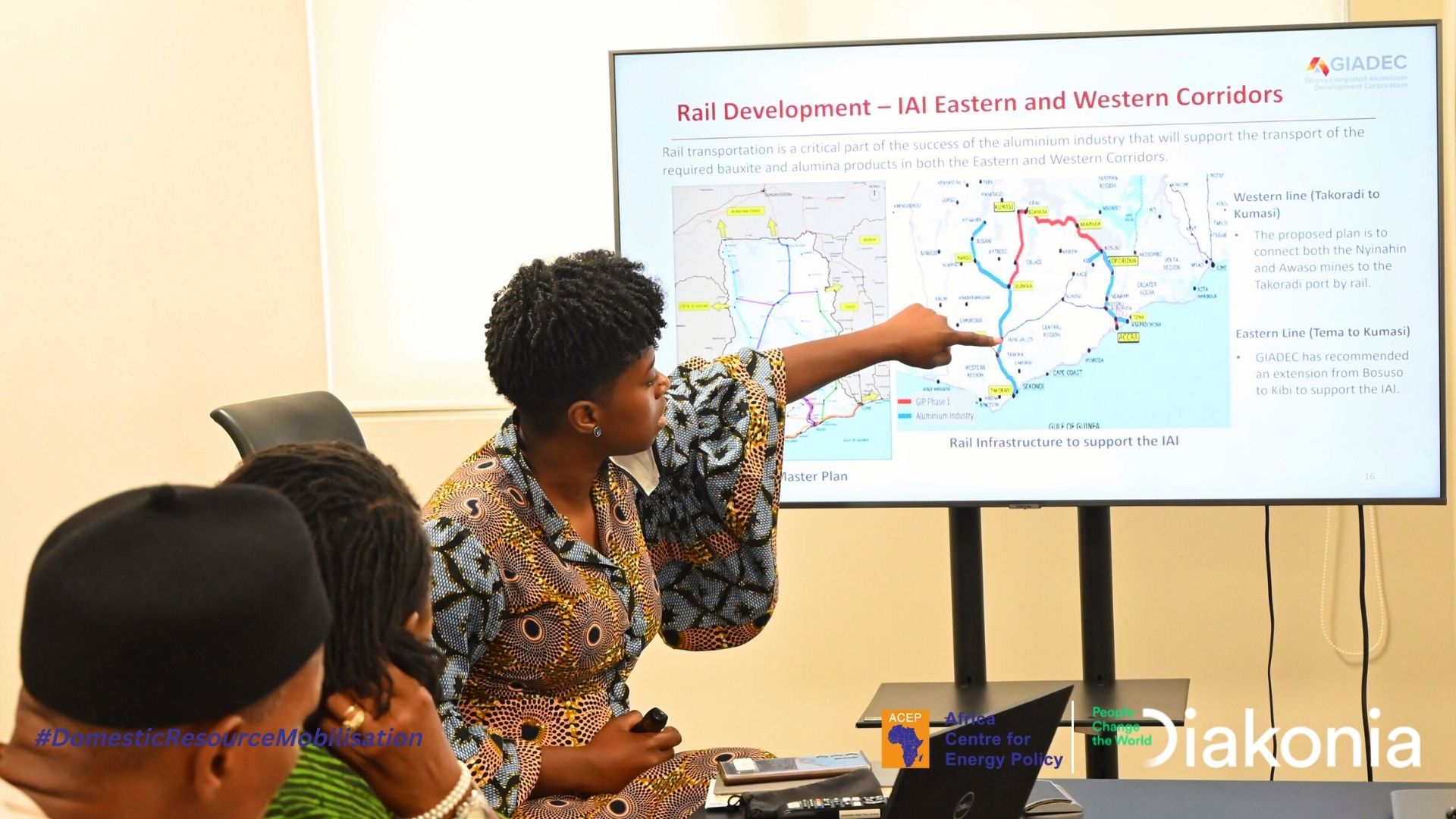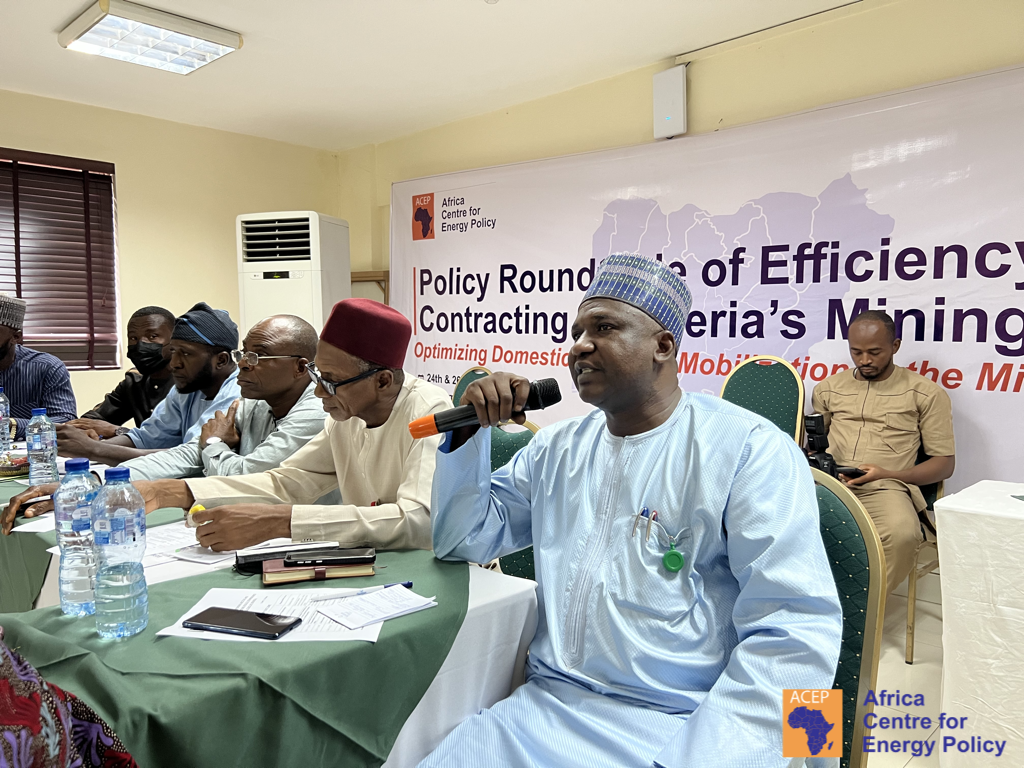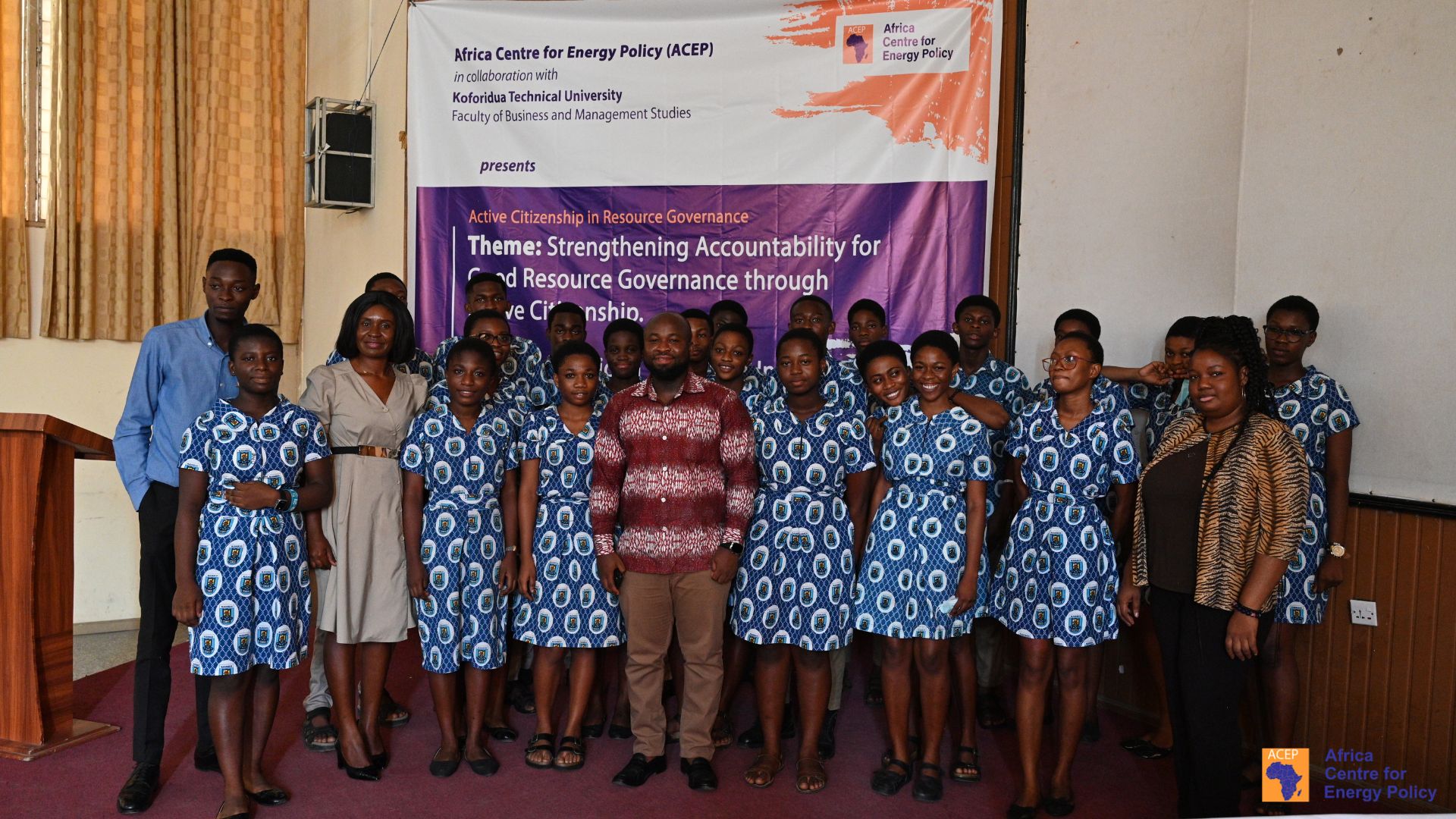ACEP, since its establishment, has contributed to advocacy towards the promulgation of appropriate laws and regulations which seek to promote fiscal prudence and efficient, sustainable management of resource revenues.
The Centre has been active in ensuring the passage of a number of laws, among which include the Petroleum Revenue Management Law (PRMA, 2011), the Petroleum (Exploration and Production) Law (E&P Act, 2016) as well as their regulations. Interventions in this regard are premised on the belief that the presence of these laws is critical in achieving improved revenue governance.
ACEP is interested in monitoring compliance with the provisions of laws and regulations which guide revenue management. The Centre has, therefore, been tracking the enforcement of such laws with the aim of ensuring the achievement of the objectives for setting them up. Interventions in this regard are implemented through critical analysis and engagement with the appropriate institutions and relevant stakeholders.
Interventions in this area include what ACEP terms “Value for Money Audit” (VFM) of oil funded projects. This is an evidence-based approach that seeks to assess transparency, accountability and efficiency in government spending. It involves the analysis of reports on the utilization of petroleum funds submitted to Parliament by the Minister of Finance, analysis of the Petroleum Holding Fund (PHF) and the various Petroleum funds as established under the Petroleum Revenue Management Act (PRMA).
This enables the Centre to track what is contained in these reports on the use of oil revenues, against what actually exists on the ground through visits to stated beneficiary communities and locations. The evidence gathered constitutes the basis for our engagement with all stakeholders across the value chain and at all levels i.e. national, regional and community levels. These engagements subsequently birth the Centre’s numerous reports and short documentaries on resource governance issues bothering on transparency, accountability and efficiency.
These reports are usually disseminated through stakeholder engagement workshops and other online platforms. However, the process is being taken to a higher level to ensure prosecution and punishment of persons who are found to have infringed on the law and or involved in alleged acts of corruption.
ACEP believes that tracking government budget is an important strategy towards ensuring prudent fiscal discipline and efficiency.
The Centre, therefore, regularly conducts analyses of government budgets i.e. Annual, Mid-year and special or emergency budgets, with the view of ensuring that fiscal policies contained in these policy documents align with the aspirations and demands of the citizens on whose behalf national wealth is invested. It has over the years, proven to be an important tool in keeping government’s spending decisions in check and in promoting transparency, accountability and efficiency in revenue governance.
The primary focus of ACEP’s revenue mobilization work is on the extractives sector. The Centre recognizes the fact that African countries need to work towards achieving self-reliance. The aim of this intervention, therefore, is to support appropriate state institutions in addressing gaps that inhibit their ability to mobilise adequate domestic revenues.
In addition, the Centre also works on Domestic Revenue Mobilisation (DRM) from non-resource sectors as a sustainable approach to economic governance in resource-dependent African countries. ACEP’s interest in DRM in these sectors recognises that resource revenue is transient and volatile and that countries must at all times build relevant systems to boost non-resource domestic revenue generation. It thus collaborates with national and continental institutions to identify prospective areas for revenue mobilization and work towards harmonizing regional frameworks which promote domestic resource mobilization.
ACEP is also interested in the new wave of resource-backed loans as an approach to revenue mobilisation by African governments.
ACEP works to promote inclusiveness in budgeting decisions at the national and sub-national levels, to ensure that planned public investments meet the development priorities of the African people.
ACEP’s work in revenue expenditure seeks to ensure that fiscal discipline and spending efficiency are central to the continent’s sustainable, inclusive development.










